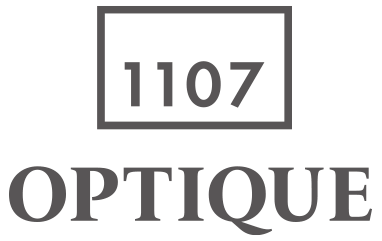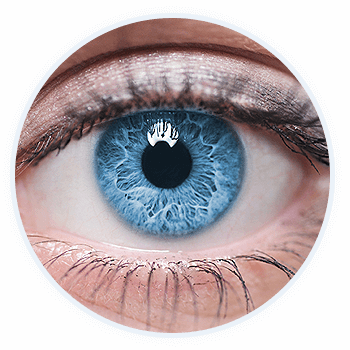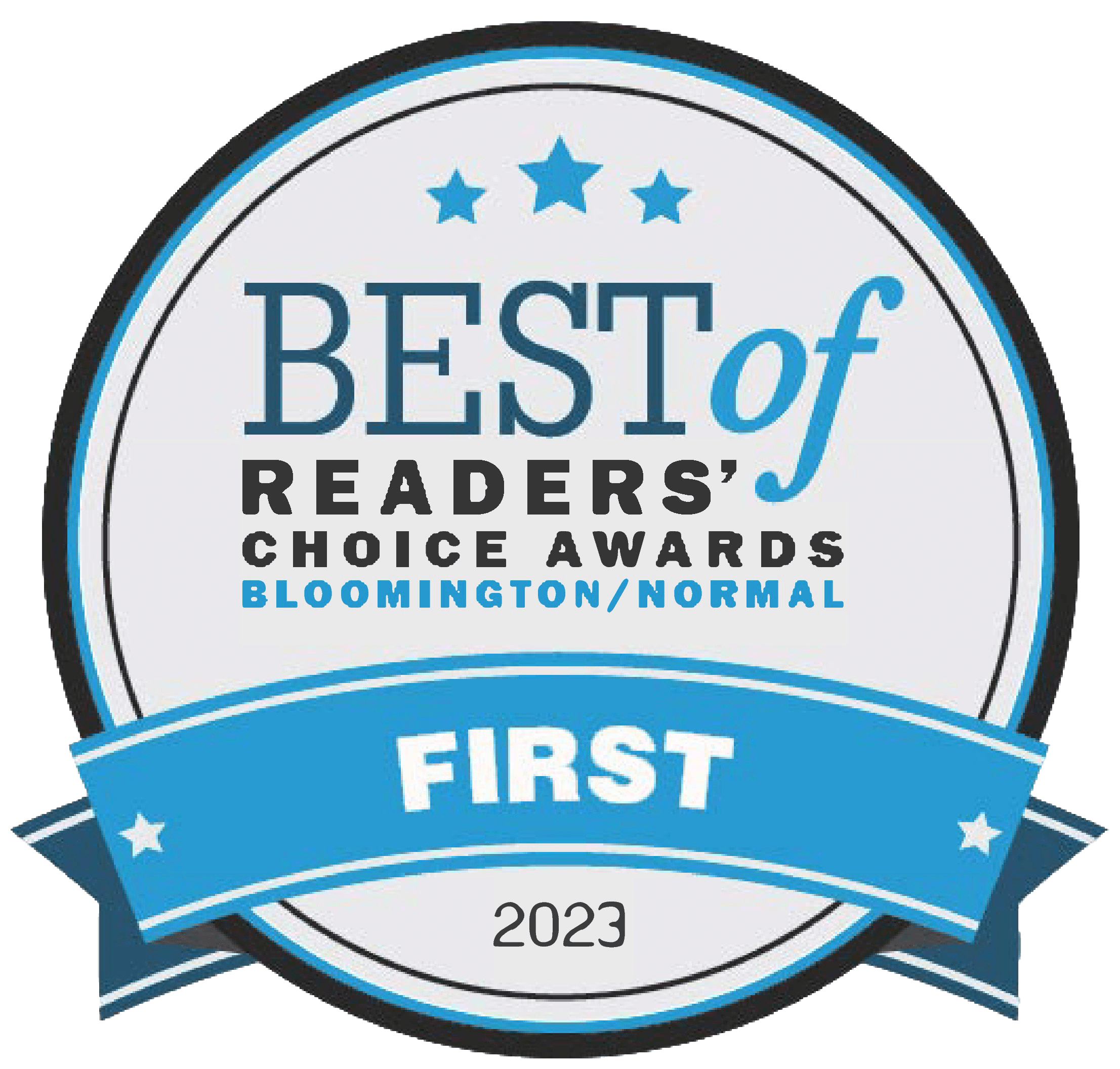 Eye Exams in Bloomington, IL
Eye Exams in Bloomington, IL
Healthy eyes are important for a healthy life, from the development of children to the proper aging of adults. Many people depend on their eyesight to help them engage in daily activities like working, reading and driving.
If your vision is impaired, so is your lifestyle. That’s why it is important to see your doctor annually for routine eye heath exams. Maintaining the health of your eyes and preventing disease requires proactive care, and we are here to help. Schedule your routine eye exam online today!
Comprehensive Eye Health Examination
VisionPoint provides comprehensive ophthalmology and optometry services for both children and adults. Our doctors and staff members are qualified and experienced in performing annual eye health exams and contact lens exams. Our expertise allows us to accurately determine your prescription and recommend the best treatment options for your health and lifestyle. We understand and accommodate the special needs of the elderly, the very young and the highly active, providing personalized care for every patient.
Your eye health examination will include the following components:
- Personal Ocular and General Health History – This includes a review of general and ocular health with emphasis on diabetes, hypertension and glaucoma. Work requirements and lifestyle needs are also assessed.
- Visual Acuity – This is used to determine your current visual status.
- Refraction – This determines the prescription needed to provide clear, comfortable vision.
- Binocular Vision – This evaluation assesses eye coordination, muscle balance and focusing capabilities.
- External Examination – This examines the lids, cornea, conjunctiva and surrounding tissues.
- Internal Examination – This examination with digital retinal photographs is used to inspect the retina and other tissues for glaucoma, macular degeneration or any other abnormality, whether ocular or systemic.
- Post-Examination Consultation – This includes a discussion on the findings of your examination as well as recommendations for treatment.
 Eye Health Exams for Children
Eye Health Exams for Children
The American Optometric Association recommends that pre-school children receive a complete eye health exam at the ages of three years and five years. It is particularly important that a child has a complete evaluation in the summer prior to entry into Kindergarten. While in school, since so much of learning is dependent on good vision, annual evaluations are recommended.
Diabetic Eye Health Examinations
Did you know that diabetes is the leading cause of blindness in younger Americans and that 50% of diabetic complications are missed without a dilated evaluation?
Our doctors always start diabetic eye health examinations with a thorough dilated retinal evaluation and a detailed retinal image for evaluation and documentation. For higher-risk patients, we utilize advanced technology available for the detection of early diabetic eye disease. After your annual examination, a summary of the findings is sent to your endocrinologist and/or family doctor to maintain communication with contributing partners.
24 Hour Emergency Services
The doctors at VisionPoint provide 24-hour on call emergency eye service. Whether removing an ocular foreign body or treating common conjunctivitis, our doctors can handle all your emergency eye care needs.
Our doctors are preferred providers for all local major health insurances including Blue Cross/Blue Shield, Health Alliance, Humana, Cigna, Aetna and United Health Care. All emergency visits are applied to the respective medical insurance, not vision insurance.
Technology Used at VisionPoint
The cutting edge eyecare technology used at VisionPoint means better precision and more answers for you. Take a look at some of the cutting edge technology available to you on your next visit.
- High Definition Ocular Tomography (OCT) is a non-invasive imaging test. OCT uses light waves to take cross-section pictures of your retina. With OCT, the doctor can see each of the retina’s distinctive layers. This allows the doctor to map and measure their thickness. These measurements help with diagnosis. They also provide treatment guidance for glaucoma and diseases of the retina. These retinal diseases include age-related macular degeneration (AMD) and diabetic eye disease.
- Humphrey Visual Field – This machine is utilized to detect diseases of the optic nerve or visual pathway, including Glaucoma Progression Analysis (GPA). It is considered the industry “gold standard,” allowing our doctors to critically analyze subtle changes that would be undetected using standard software.
- Eidon Digital Retinal Imaging – This machine takes images of your retina which can help detect many subtle problems that can otherwise be underemphasized without this technology.
- Optos Digital Retinal Imaging – This ultra-widefield (UWF™) retinal imaging captures more than 80% of your retina in one panoramic image. This unique technology enables our doctors to discover, diagnose, document and treat ocular pathology that may first present in the periphery – pathology which may go undetected using traditional examination techniques and equipment.
- Autofluorescence is a non-invasive, in-vivo imaging modality used to provide information on the health and function of the retinal pigment epithelium (RPE). Typically, autofluorescence imaging has clinical applications in age-related macular degeneration, central serous retinopathy, choroidal tumors and nevi, inflammatory diseases, inherited disease, optic nerve head drusen, pattern dystrophies, retinal toxicity and retinal detachments.
- Marco Refraction Systems – This utilizes wave-front technology to precisely determine a patient’s glasses prescription. This technology also allows the doctors to topographically access the surface of the eye for defects that could distort vision.
- Compulink Often considered the flagship EMR software for the eye care industry, Compulink is utilized by our office to provide an efficient, detailed examination. Among other services, Compulink allows our patients to fill out their medical history, including medications, at home and have it automatically flood to their own electronic file. This information is reviewed by the doctor’s assistants and finalized for the doctor to review.
This allows a streamlined efficient work up process, which provides less wait time in the office.
Order Glasses and Contacts
After your eye health exam, place your order for contacts or glasses with us so you can begin enjoying better vision as soon as possible. Consult our eyewear specialists to find frames in the right shape and style for you. We provide glasses for children and adults, as well as sunglasses for many prescriptions. Order your contacts through our online portal.
Consider LASIK instead of Glasses or Contacts
Are you interested in iLASIK surgery? Click here to determine if you are a candidate.


 Eye Exams in Bloomington, IL
Eye Exams in Bloomington, IL Eye Health Exams for Children
Eye Health Exams for Children






